Magnetoresistance Setup (Research Model), MRX-RMN/ MRX-RMC
Product Details:
- Usage Laboratory use
- Material Electronics
- Application Laboratory use
- Color Grey
- Weight 170 Kg
- Display Type Digital
- Click to View more
Magnetoresistance Setup (Research Model), MRX-RMN/ MRX-RMC Price And Quantity
- 1 Set
Magnetoresistance Setup (Research Model), MRX-RMN/ MRX-RMC Product Specifications
- Laboratory use
- Electronics
- Digital
- 170 Kg
- Laboratory use
- Grey
Magnetoresistance Setup (Research Model), MRX-RMN/ MRX-RMC Trade Information
- Cash Against Delivery (CAD), Cash on Delivery (COD), Cash Advance (CA), Cash in Advance (CID), Cheque, Delivery Point (DP), Telegraphic Transfer (T/T)
- 100 Set Per Month
- 1 Week
- Contact us for information regarding our sample policy
- Complete in all respect
- Asia, Australia, Central America, North America, South America, Eastern Europe, Western Europe, Middle East, Africa
- All India
- ISO 9001: 2015 CE
Product Description
Magnetoresistance Setup (Research Model), MRX-RMN/ MRX-RMC
It is noticed that the resistance of the sample changes when the magnetic field is turned on. The phenomenon, called magnetoresistance, is due to the fact that the drift velocity of all carriers is not same. With the magnetic fieldon; the Hall voltage V=E t=| x | compensates exactly y v H the Lorentz force for carriers with the average velocity; slower carriers will be over compensated and faster one under compensated, resulting in trajectories that are not along the applied field. This results in an effective decrease of the mean free path and hence an increase in resistivity. Here the above referred symbols are defines as: v = drift velocity; E = applied electric field; t = thickness of the crystal; H = Magnetic field.
Experimentental Set-up for Magnetoresistance The set-up consists of the following:
- (i) Four Probe Arrangement suitable for MRX-Research, FPA-MRX-RM
- (ii) Sample: Ge Crystal (n-type), Sample: Bismuth, MRB-SBi
- (iii) Hall Probe Multipurpose Stand, HPS
- (iv) Control Unit of Four Probe Setup, DFP-RM-200N
- (v) Electromagnet, EMU-75
- (vi) Constant Current Power Supply, DPS-175-C2
- (vii) Digital Gaussmeter, DGM-202-C1
- (viii) Computer Aided Measurement Module, SES-CAMM (optional extra)
- Complete in all respect

Price:
- 50
- 100
- 200
- 250
- 500
- 1000+
 English
English Spanish
Spanish French
French German
German Italian
Italian Chinese (Simplified)
Chinese (Simplified) Japanese
Japanese Korean
Korean Arabic
Arabic Portuguese
Portuguese
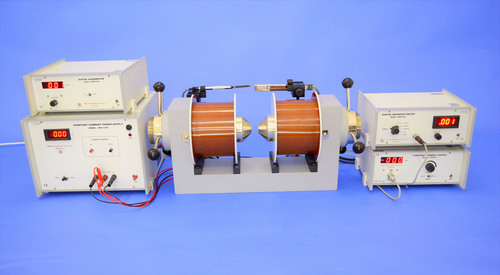
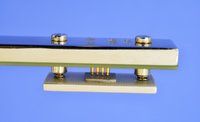
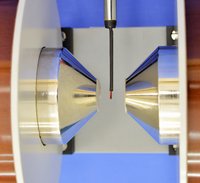

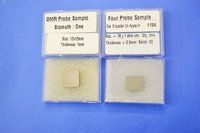


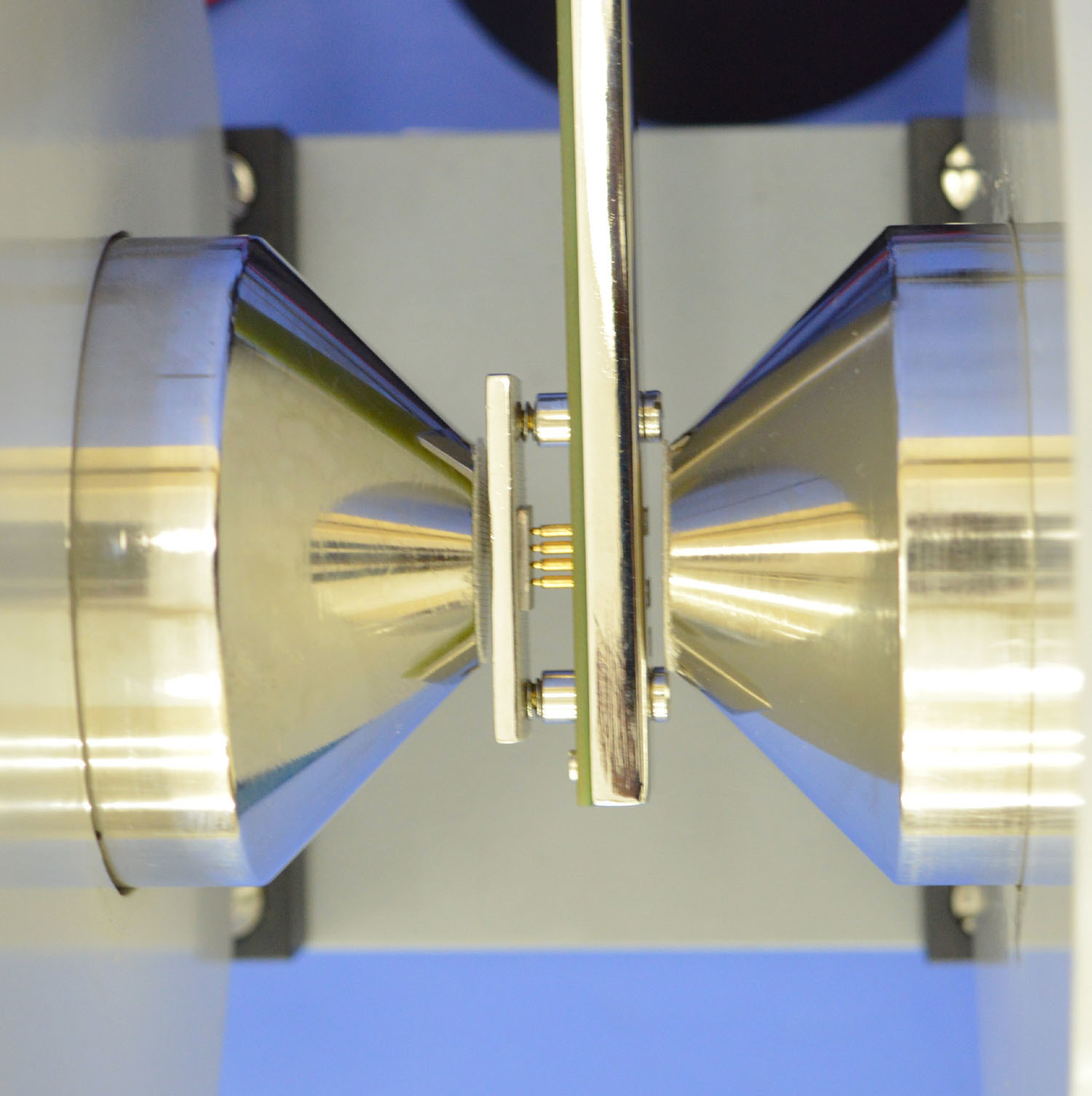




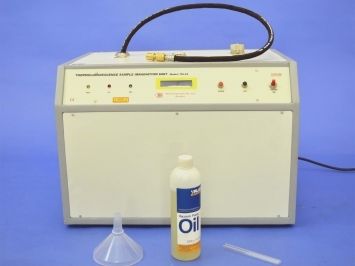
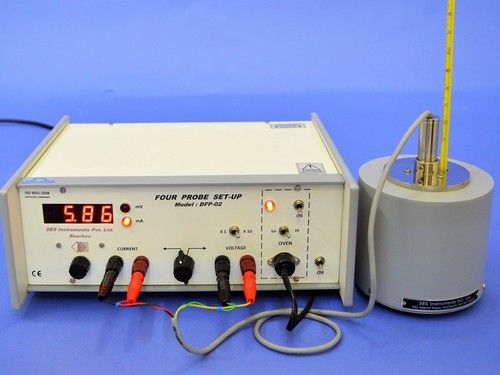
 Send Inquiry
Send Inquiry Send SMS
Send SMS Call Me Free
Call Me Free
